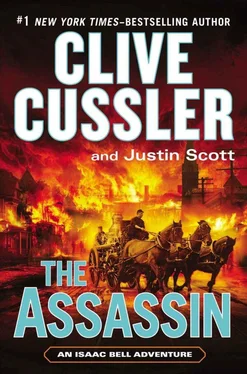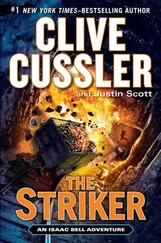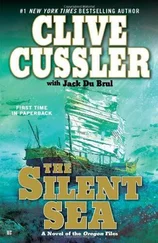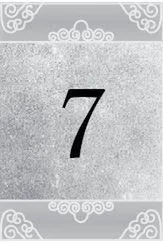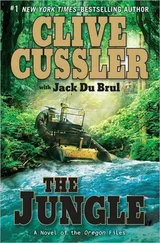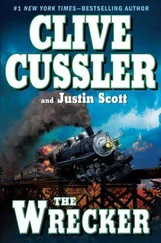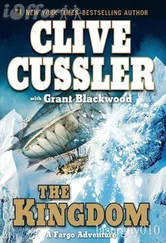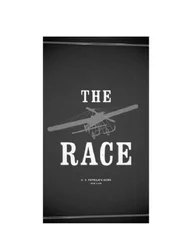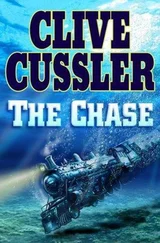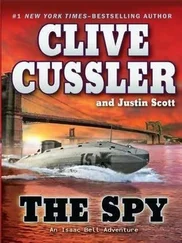The minister hurried after them. “You there! Stop. What are you doing?”
“I’m his doctor. It is time for him to come home.”
The minister was not about to let this opportunity be marched away. “Now, hold on!”
The doctor turned abruptly and blocked the minister’s path while his companion walked Lapham out of earshot. “You are disturbing my patient.”
“He’s not ill.”
The doctor pulled a pistol from his bag. He pointed it in the minister’s face. “Turn around. Walk away.”
“Where are you taking—”
The doctor cocked the pistol. The minister turned around and walked away, head swimming, until the carriage clattered off.
* * *
The assassin had demanded double canvas curtains to shield the monument’s west window just in case some tourist got nosy. Sure enough, through the curtains came a querulous demand: “What’s going on in there?”
“It’s a painter,” answered one of the Army privates responsible for guiding visitors. “He’s making pictures of the view.”
“Why’s he walled in?”
“So no one bothers him.”
“What if I want to see out that window?”
“Come back another day, sir.”
“See here! I’m from Virginia. I came especially to view Virginia from this great height.”
The assassin waited.
A new voice, the smooth-talking sergeant in charge of the detail who had been tipped lavishly: “I invite you, sir, to view Maryland and the District of Columbia today and return next week to devote your full attention to Virginia. It will be my personal pleasure to issue you a free pass to the elevator.”
The assassin took a well-lubricated cast-iron screw jack from the carpetbag and inserted it sideways in the window, holding the base against one bar and the load pad against the other and rotating the lever arm that turned the lifting screw. The jack was powerful enough to raise the corner of a barn. Employed sideways, it spread the vertical bars as if they were made of macaroni.
* * *
Clyde Lapham’s captors timed their arrival at the Washington Monument to coincide with the elevator’s final ascent of the day. The man with the physician’s bag stepped ahead to speak privately with the soldier at the door, palming a gold piece into his hand as he explained, “The old gent has been asking all day to come up and now that we’re here he’s a little apprehensive. I wonder if we could just scoot him aboard quickly. My resident will distract him until we get to the top… Who is he? Wealthy donor to my hospital, just as generous a man as you’ll ever meet. A titan of industry, in his day…”
The private’s nose wrinkled at the smell of chloroform on the doctor’s frock coat. The rich old guy was reeling on his feet. The resident was holding tight.
“Don’t worry, he won’t cause any trouble. He’s just nervous — it will mean so much to him.”
The private ushered them into the elevator and whispered to the other tourists not to trouble the old man.
They let the others off first and, when no one saw, they stepped behind the canvas.
The assassin pointed at the window. One of the bars had snapped. The other was bent. There was plenty of room between them. Lapham’s eyes were rolling in his head. “What’s that stink?”
“Chloroform.”
“Thought so. What are we doing here?”
“Flying,” said the assassin. At his signal, the two men lifted Lapham off his feet and threw him headfirst out the window.
Startled by the wind rushing past his head, Clyde Lapham soon found his attention fixed placidly on the granite blocks racing by like a long gray train of railroad cars. He had always liked trains.
* * *
In the passenger hall of the Baltimore & Ohio Depot, the public telephone operator signaled a successful long-distance connection to New York.
The assassin closed the door of the soundproofed booth.
“I have accomplished the mission.”
“Mission?” asked Bill Matters. “This is a weak line. I can’t hear you.”
“I have accomplished the mission.”
“What mission?”
“When the New York papers get the news, they’ll flood the streets with extras.”
Even through a weak connection, Matters heard the overblown exuberance that could mean trouble. “What news?”
“Clyde Lapham leaped to his death from the Washington Monument.”
“What?”
“As you requested, his death will seem innocent.”
“No.”
“The poor man was deranged. He jumped from the top of the Washington Monument.”
“No!”
“You could tell that he planned it a long time. He brought a barn jack to force open the bars wide enough to slip through. He arranged for the window to be blocked off from public view. He anticipated every detail. Apparently, an artist was painting views for the Army — the Army runs the monument, you know. Dementia is a strange affliction, isn’t it? That a man could be simultaneously so confused and so precise.”
“No! No! No!”
“What’s wrong?”
Bill Matters raged. He clamored he still had use for Lapham. He had not ordered him killed. He was so angry that he shouted things he could not mean. “Are you insane?”
The assassin hooked the earpiece back on the telephone, paid the clerk at the operator’s desk, and strolled out of the station and up New Jersey Avenue until the incident was forgotten.
Isaac Bell walked across E Street, peering into shopwindows, and turned down 7th, where he propped a boot on a horse trough and mimed tying a nonexistent shoelace. Then he continued along Pennsylvania Avenue, skirted the Capitol, and turned down New Jersey. Ahead stood the Baltimore & Ohio Depot.
The clock tower was ringing his train.
He collected a ticket he had reserved for the Royal Blue passenger flier to New York. The clerk warned that it was leaving in five minutes. Bell hurried across the station hall, only to pull up short when an ancient beggar in rags, a torn slouch hat, and white beard deeply frosted with age shuffled into his path and extended a filthy hand.
Bell fumbled in his pocket, searching for a coin.
“Rockefeller’s detectives are still on your tail,” the beggar muttered.
“Skinny gent in a frock coat,” said Bell without looking back. “He took over from a tall, wide fellow on 7th Street. Any more?”
Joseph Van Dorn scratched his powder-whitened beard and pretended to extract a louse. “They put a man on the train dressed as a priest. Good luck, Isaac. You’re almost in.”
“Did the boys manage to follow Mr. Rockefeller?”
Van Dorn’s proud grin nearly undid his disguise.
“Right up to the back door of the Persian embassy.”
“Persia?” Edna called Rockefeller the master of the unexpected. She had that right. “What does he want with Persia?”
“Play your cards right and you’ll be in a position to find out.”
Bell dropped a coin in Van Dorn’s hand. “Here you go, old-timer. Do your friends a favor, spend it at a bathhouse.”
He showed his ticket and headed out on the platform, hurried the length of the blue-and-gold train, peering through the gleaming leaded-glass windows, and boarded the Royal Blue’s first car. Then he worked his way swiftly through the cars. The locomotive, a rocket-fast, high-wheeled Atlantic 4-4-2, whistled the double ahead signal.
Four cars back, he spotted the Standard Oil detective dressed like a priest. He clamped a powerful hand around his dog collar. The locomotive huffed steam, gently for a smooth start, and the drivers began turning. Bell lifted the priest out of his seat by the scruff of his neck. Passengers stared. Bell marched him off the train.
Читать дальше
